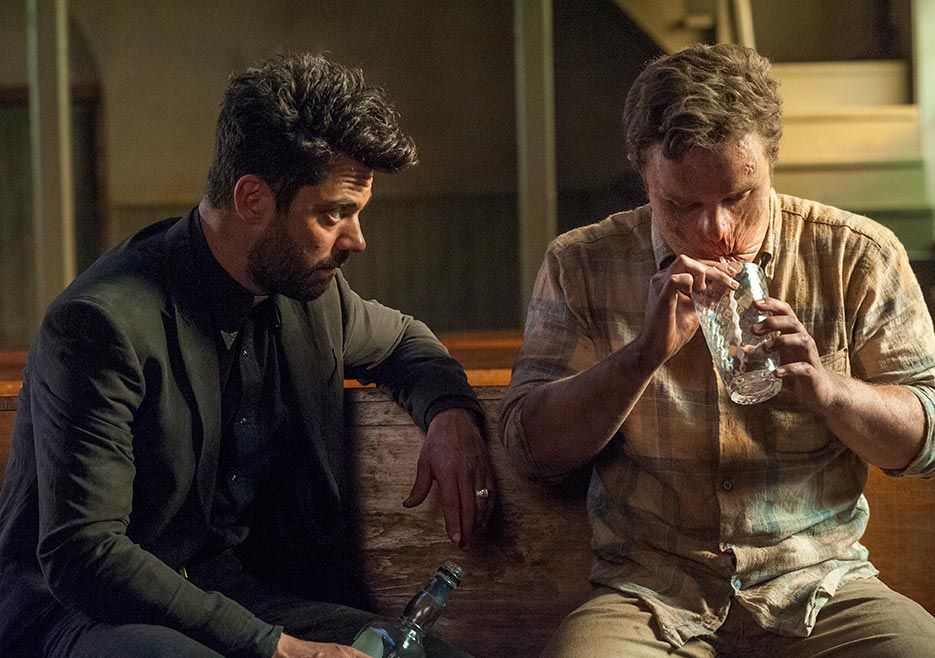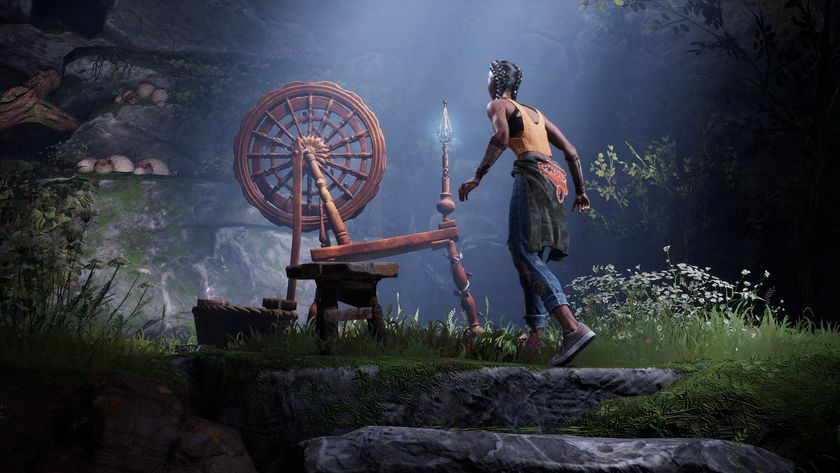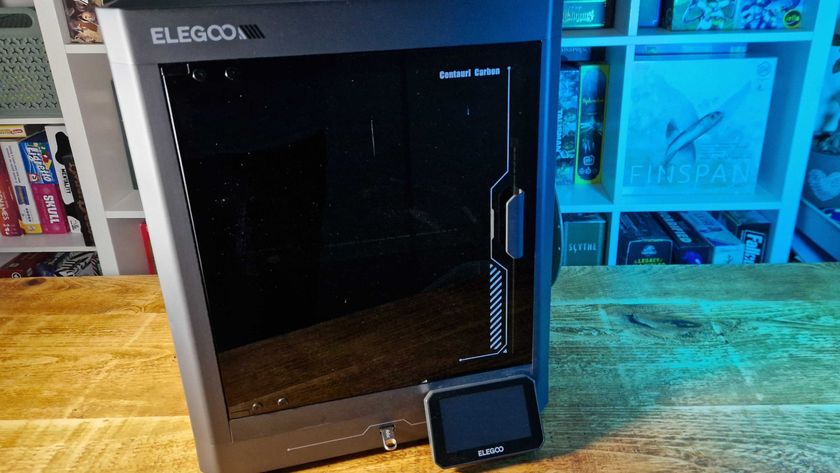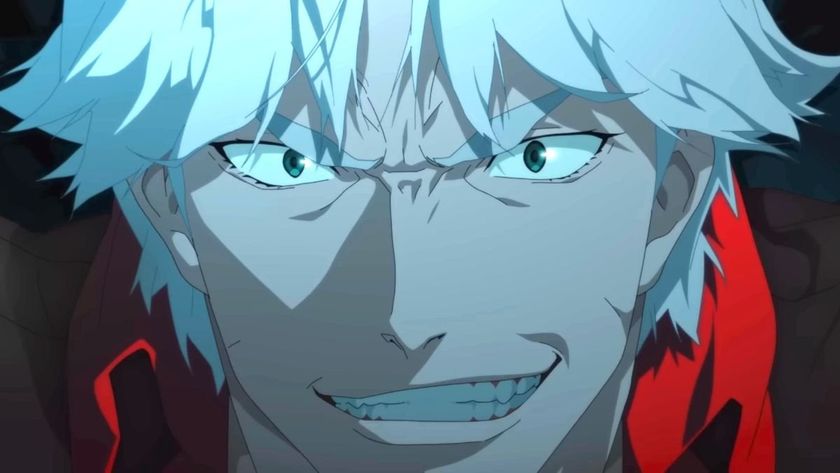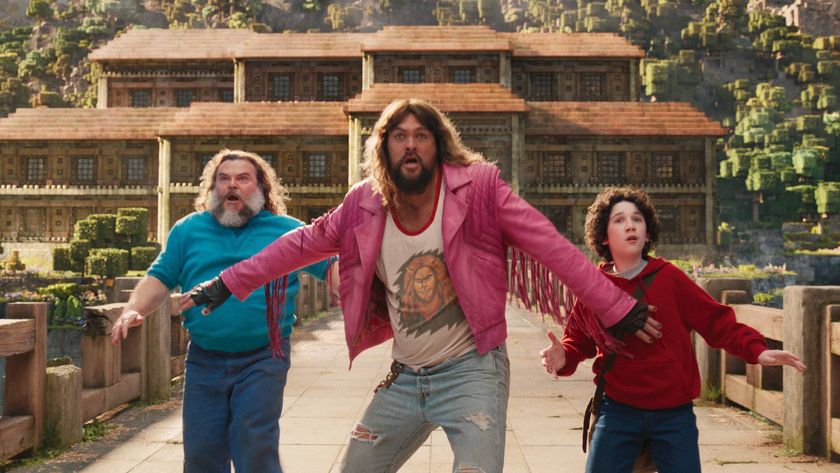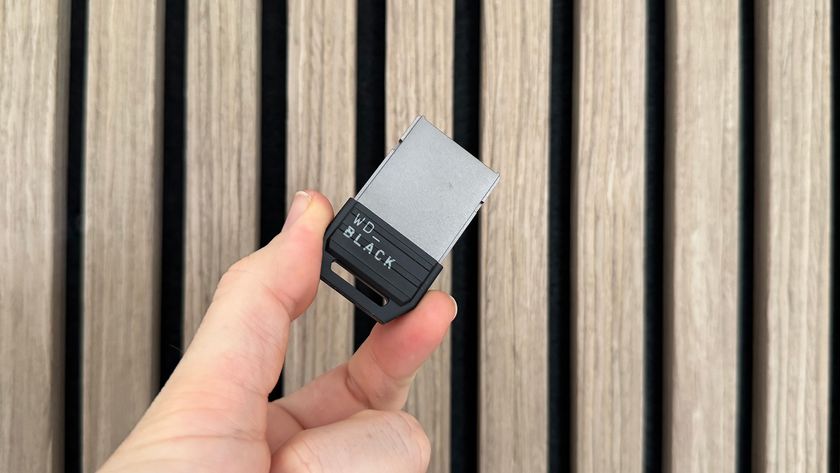Why you can trust 12DOVE
"Preacher shot my dick off,” mutters Clive, one of Odin Quincannon’s meat plant minions laying a very casual siege to Jesse Custer’s church in the eighth episode of Preacher. The Reverend Custer turns out to be a crackshot with a sniper rifle and isn’t keen to hand over his late father’s property. “Incredible shot." Clive trundles away holding his privates in hand while goofy triumphant music plays and old Odin plots the next assault on Jesse to take his church. Halfway between Loony Tunes and Hellraiser sits El Valero, one more mystifying episode of Preacher in a season full of them.
If this whole sequence, a mix of gruesome gross out humor and inexplicably absurd confrontations in what seems like the real world, seems tonally at odds with the seven episodes that preceded it that’s because it is. That said, this episode almost comes very close to matching the mix of sincere spiritual questing, vicious violence, and surreal humor that made the comic a legendary success in the first place. As part of this profoundly muddy season, however, it barely makes sense. El Valero weaves a number of plot threads from the whole season together--revealing Quincannon’s history with Jesse’s dad, a conclusion to Jesse’s rivalry with the bully Donny, and another attempt by the angels to regain custody of Genesis--but in a way that snaps what remained of the world’s credibility. No character besides Odin Quincannon behaves like they have up to this point. Even when Preacher strikes with emotional precision as it does a few times here, it’s still infuriating to be dragged along while the writers, directors, editors and actors try to decide what the hell they’re actually making.
This much is clear: Jackie Earle Hayley and Ian Coletti are the only people keeping this show tethered to earth. While the inconsistent but likable Ruth Negga and Joseph Gilgun are almost entirely absent from this episode save for a couple of scenes where Tulip buys a dog solely to feed an injured Cassidy (which seems absurdly cruel for no real reason), Odin Quincannon and arse-faced Eugene step up as de facto main characters. Both performers rise above the plot’s messiness with absolutely magnetic presences.
Before we see him commanding his crew of meat packing employees, all of them dressed like Confederate soldiers for seemingly no reason at all (the show never mentions it), we flash back a couple of decades. At the Vail ski resort of all places, we learn why Odin hates church so much and why it would have been a coup for Jesse to get him to serve God back in episode four. His whole family plummets to their deaths in a gondola accident, in another scene where Preacher tries to mix real horror with gallows humor and it plain doesn’t work. Sitting back in his office, surrounded by pine caskets, Odin calls for Jesse’s father and says he’s figured it out. "Which is the cow and which is my daughter?" he screams, holding up intestines from a butchered cow and his dead child in each hand. “There's no soul, no nothing.”

It’s an absolute nightmare, a mesmerizingly grotesque sight of someone losing their faith and mind, as well as a real substantiation of the show’s oft-forgotten theme. There are angels, demons, and their spawn Genesis, but does God have a plan at all? Hayley just kills this scene, and just flat out robs every subsequent scene he’s in. When we see him again, telling his boys to keep on fighting to earn themselves a magical food court with Tex-Mex and sushi in the facility he’ll build on Custer’s land, it doesn’t matter that the dark humor mixed with serious thriller scenes only work when he’s present. Odin Quincannon is everything Jesse Custer isn’t: complex, clearly motivated, perturbingly charismatic. In the episode’s penultimate scene, when the church has been won by a deafened Donny, the bully immune to Genesis’ power, Odin Quincannon spells out his mission plainly to Jesse: “I serve the god of meat. The god of what’s tangible.” He has all the purpose and conviction absent in Jesse throughout the season. It’s powerful enough to almost wash away the fact that the whole assault on the church, with the whole town of Annville watching on lawn chairs like it’s Woodstock, made absolutely zero sense in the show’s reality.
Equally captivating is Eugene. For a moment early on in El Valero, it looks like Jesse’s managed to reverse his mistake, commanding the unseen god to give back Eugene in exchange for Genesis. Immediately thereafter, here comes the boy, clawing his way through the dirt between the church floorboards, emerging like a kid who has indeed gone through Hell. That Coletti sells the sheer trauma of the experience under all his make-up is impressive enough on its own, but it’s impossible to overstate how just his existence changes the feel of the show. With Eugene on screen, telling Jesse he was able to dig out of Hell because it’s really “not that far,” you get a glimpse of the soulful show Preacher infrequently threatens to become. And when it becomes clear that Eugene is more than he appears to be, his presence gives Jesse Custer texture that Dominic Cooper’s performance is simply incapable of.
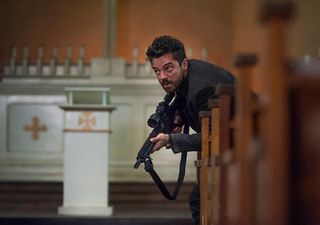
Outside of Eugene and Quincannon’s scene-stealing dynamism, not a whole lot changes in El Valero. It repeatedly raises questions that seem to have no answer at all. Why were Quincannon’s men dressed in Civil War gear? Why did the town, which is supposed to adore Reverend Custer now, show up to cheerfully watch his home get shot to pieces? Why would Tulip and Cassidy ever re-associate themselves with Jesse and why would we even care about their future since they kill a dog for no good reason? Why do the angels just give up trying to remove Genesis from Jesse? Why wouldn’t Jesse use the power to command the angels to explicitly explain what’s happening? Especially when he yells to Quincannon that he’s going to force God to reveal himself to the people of Annville? In the back half of Preacher’s first season, every episode seems to be from a completely different show. With two left, I’m on board just to see what becomes of Odin and Eugene.
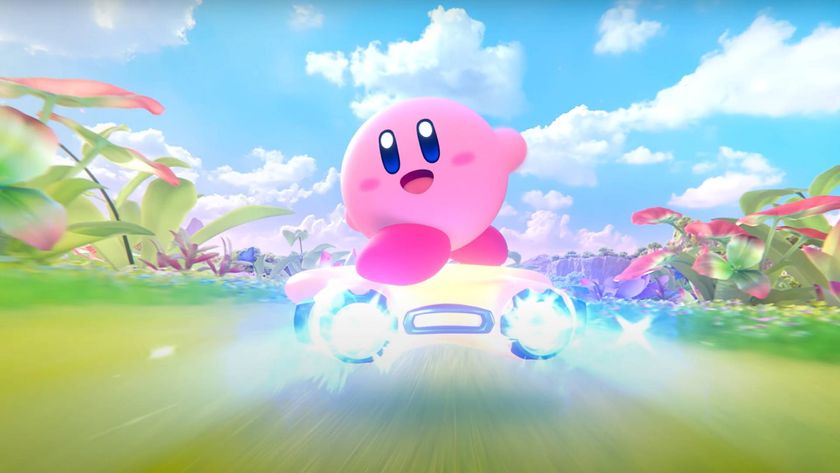
"I can promise my game will be significantly less than $80": Indie dev stunned by Kirby Air Riders Switch 2 reveal after working on their own Air Ride successor for months
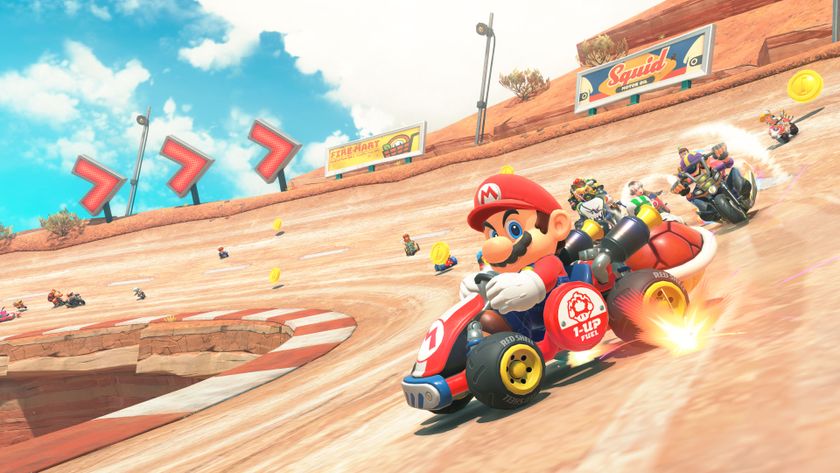
Mario Kart World quietly fixes one of the series' longest-standing annoyances and I suspect I will get hit with 10% fewer red turtle shells because of it
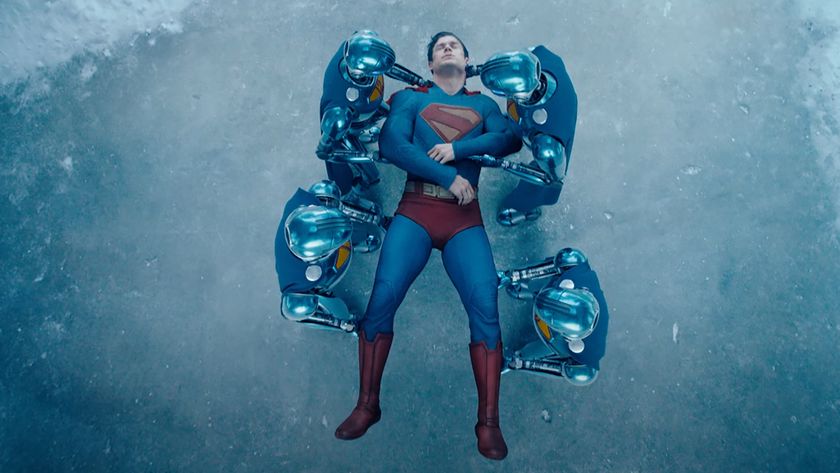
Superman goes full sci-fi in DC's epic CinemaCon footage, showcasing a bloodied Man of Steel rising again
